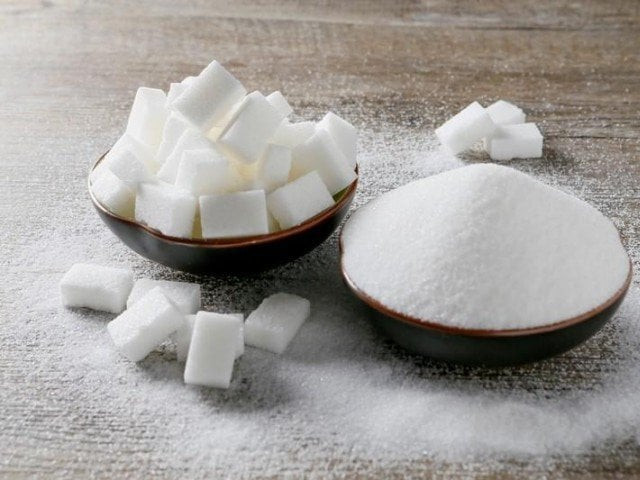Sugar crisis probe body’s report ready
Commission to submit forensic audit to federal cabinet

Commission to submit forensic audit to federal cabinet today.
PHOTO: REUTERS/FILE
Prime Minister Imran Khan has called a special session of the cabinet during which the commission, headed by Federal Investigation Agency Director General Wajid Zia, would submit the report and also brief the participants about its findings.
A day earlier, Federal Information Minister Shibli Faraz had said there are 90% chances that the forensic report would come before Eid.
The commission had to submit its report to the cabinet by April 25 but was granted three more weeks to prepare it.
The government and the Pakistan Muslim League-Nawaz (PML-N) had bickered over the delay as party president Shehbaz Sharif accused PM Imran of dragging his feet on the report, describing it as proof of the premier’s “admission of guilt”.
On April 4, the preliminary findings of the commission on the sugar and wheat crises were made public on instructions of the prime minister.
To further expand the findings, the premier had directed the committee on sugar to conduct a forensic analysis of its findings.
PM calls for convening Senate session
The prime minister had constituted two high-powered committees headed by the FIA director general to probe into circumstances that led to the wheat and flour controversy and the reasons behind the increase in sugar prices in the country.
According to the report, PTI former secretary general Jahangir Khan Tareen and a brother of ex-minister for National Food Security Makhdoom Khusro Bukhtiar were the major beneficiaries of the sugar crisis.
As per the findings of the report, the companies owned and controlled by Jahangir Khan Tareen (JDW) exported 17.24% of its total production and availed 22.71% of the total export subsidy amounting to Rs561 million.
The companies owned and controlled by Makhdum Omer Sheryar – a relative of Makhdoom Khusro Bukhtiar – (RYK Group) had exported 31.17% of its total production and availed 18.31% of the total export subsidy amounting to Rs452 million.
The committee also found that the Punjab government was providing the subsidy for export of sugar at a time when the price of the commodity was increasing in the domestic market.
Hearing of NAB’s reference against Dar put off until June 17
Out of 0.762 million tonnes of sugar exported, 0.474 million tonnes (62%) was exported before the withdrawal of subsidy, while the remaining 38% was exported after the withdrawal.
It was also stated in the report that Rs3 billion were allocated by the Punjab government for the subsidy from January 2019 onwards but Rs2.47 billion were utilised from January 1 to May 24, 2019.
The committee in its findings stated the opinion was based on the documentary evidence that the export of sugar was not justified as the sugarcane production was expected to be low in the upcoming harvesting season 2018-2019 and with the export of commodity in January 2019, the price of sugar started increasing immediately in the local market.
After explaining the concept of cartelisation, the body observed that the exporters of sugar gained benefit in two ways: first they were able to gain subsidy and secondly, they made profits from the increasing sugar prices in the local market.
The price of sugar increased from Rs55 per kg in December 2018 to Rs71.44 per kg in June 2019 although the GST increase was implemented from July 1, 2019.



















COMMENTS
Comments are moderated and generally will be posted if they are on-topic and not abusive.
For more information, please see our Comments FAQ